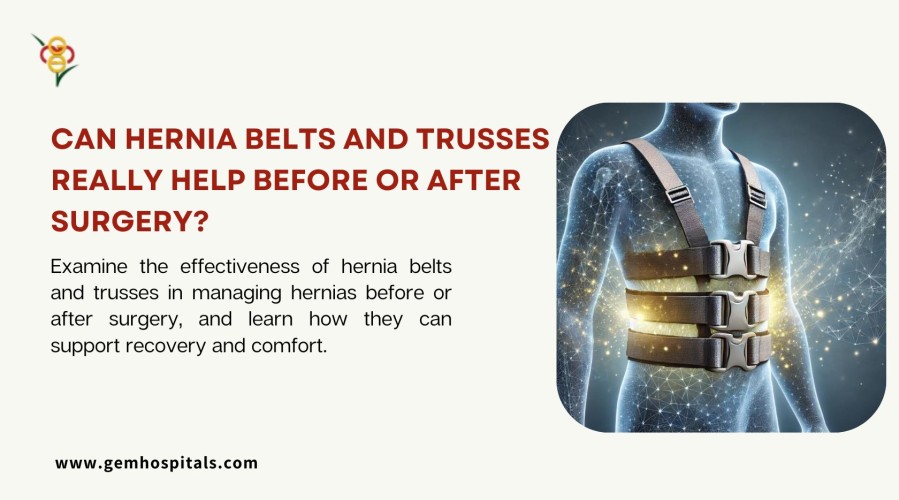Learn effective solutions for digestive problems with expert tips to improve gut health, reduce discomfort, and maintain a healthy digestive system.
Can Hernia Belts and Trusses Really Help Before or After Surgery?

When facing hernia surgery, one often hears about hernia belts and trusses as supportive aids. But do they truly offer any benefit? This article explores the effectiveness of hernia belts and trusses before and after surgery, providing clear insights into how they can assist in your recovery journey.
Understanding Hernia Belts and Trusses
Hernia belts and trusses are designed to provide support to the abdominal area where the hernia exists. These devices apply gentle pressure around the herniated area, potentially relieving discomfort and reducing the risk of the hernia protruding further. They are typically recommended by healthcare professionals based on the type and severity of the hernia.
The Role of Hernia Supports Before Surgery
Before hernia surgery, the primary goal is to prevent the hernia from worsening. Here's how hernia belts can be advantageous:
- Stabilizing the Hernia: By securing the hernia, belts and trusses can prevent it from enlarging. This can be particularly useful for individuals waiting for their surgery date, allowing them to engage in daily activities with reduced discomfort.
- Reducing Pain: Hernia belts are known for their ability to alleviate pain by providing firm support and minimizing the hernia’s movement.
- Enhancing Mobility: With the additional support, individuals may find it easier to move around without aggravating the hernia, thus maintaining an active lifestyle.
Benefits After Surgery
Post-surgery, hernia belts continue to play a supportive role during the recovery phase. Here’s how they help:
- Supporting Healing: After hernia repair, the abdomen needs time to heal. Hernia belts can help by supporting the affected area, thereby preventing undue stress on the surgical site.
- Minimizing Recurrence Risks: One of the significant benefits post-surgery is the reduced risk of recurrence. The extra support ensures that the area is secure, particularly during the healing process when the tissues are still vulnerable.
- Improving Comfort: As the body heals, having a hernia belt can provide comfort and help manage pain, making the recovery smoother and more bearable.
Considerations and Cautions
While hernia belts and trusses offer several benefits, they are not suitable for everyone. It is crucial to consult with a healthcare provider to determine if a hernia belt is appropriate for your condition. Factors like the hernia’s size, location, and overall health can influence this decision.
Conclusion: Harnessing the Power of Supportive Devices
Hernia belts and trusses can be a valuable addition to both pre and post-surgical care for hernia patients. They provide essential support, reduce discomfort, and aid in a safer recovery. However, it’s important to use these devices under the guidance of a medical professional to ensure they are benefiting your specific condition.
If you are dealing with hernia issues and considering the use of supportive devices, or if you are seeking further guidance post-surgery, we invite you to schedule an appointment with GEM Hospital. Our specialists are here to provide you with personalized care and support every step of the way.
Blogs & Article
Explore current research trends in digestive health, including new treatments, advanced diagnostics, and innovations improving gut health and patient care.
Discover common digestive health myths and the real facts. Learn simple tips to improve gut health and maintain better digestion for a healthier life.


